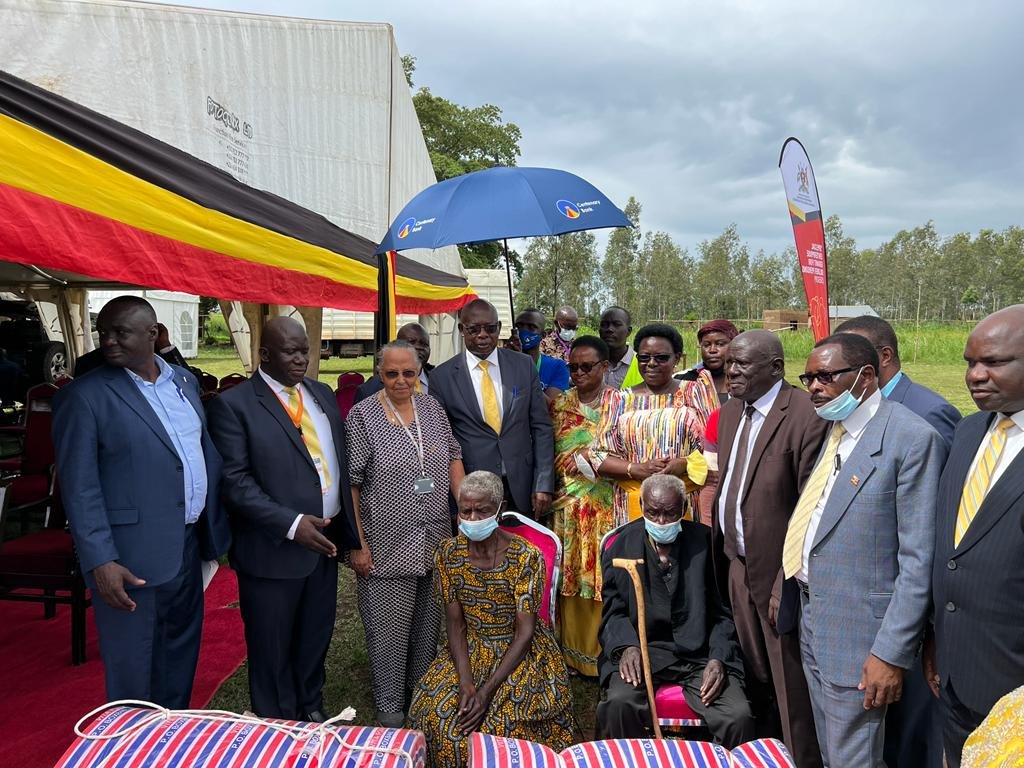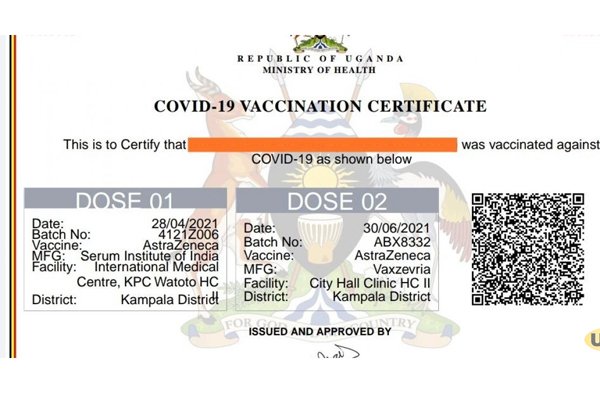Ethiopia’s Deputy Prime Minister and Foreign Minister, H.E Demeke Mekonnen, has urged riparian states in the Nile Basin to up their political will if they are to fully utilise their transboundary watercourses.
H.E Demeke made the remarks on Thursday during the 2ndAfri-Run High-Level Forum on Equitable and Reasonable Utilisation of Transboundary Watercourses in Africa” at the Skylight Hotel in Addis Ababa.
In his speech, Demeke noted that lack of political will and hegemonic tendencies over shared resources immensely contribute to little or no cooperation.

He added, these challenges will continue to stand against our shared aspirations of ensuring sustainable development.
Riparian state refer those through whose territory or along whose border a watercourse passes. The River Nile riparian countries include Burundi, Rwanda, Uganda, Kenya, Tanzania, South Sudan, Democratic Republic of Congo (DRC) (formerly known as Zaire), Ethiopia, Eritrea, Sudan and Egypt.

The Forum was conducted under the theme “African Resources for African Prosperity in the New Age”. The second leg of the forum will be conducted on Friday (23 June).
Demeke said, “it is high time that we redouble efforts to deal with the challenges building on the great strides we have made in the past to ensure equitable and reasonable use of trans-boundary resources.”
The Grand Ethiopian Renaissance Dam (GERD) is an exemplary initiative that champions equitable and reasonable use, he added.
GERD is expected to become Ethiopia’s biggest source of electricity and the country is preparing for it’s fourth filling, according to the Deputy PM.
“The GERD is now approaching its fourth filling. The last three fillings have not affected lower riparian states. Likewise, the rest of the fillings will not be any different,” Demeke said on Thursday.
In recent years, Ethiopia has implemented three phases of dam filling and started the operation of its mega-dam.

















